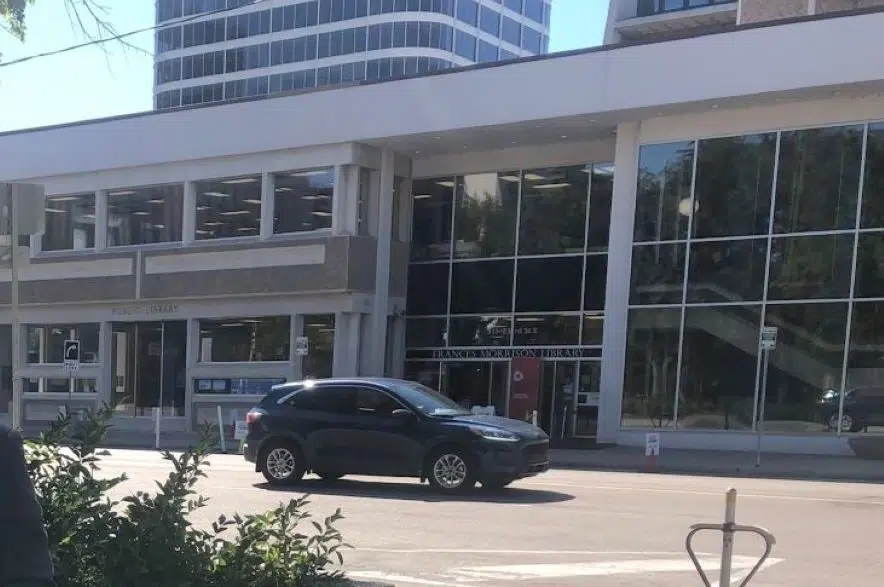A report released by the Canadian Union of Public Employees (CUPE) indicates library workers in Saskatchewan face a growing number of violent incidents and harassment while on the job.
There are 650 public library workers in the province. Just over 100 of them from the Regina, Saskatoon, North Battleford, Moose Jaw, Yorkton, Weyburn, Prince Albert and central Saskatchewan areas took part in the online survey between June 29 and Sept. 9, 2022.
The report showed 78 per cent of respondents said they’d experienced verbal abuse while on the job, 71 per cent witnessed violent incidents, 50 per cent experienced violence themselves, 44 per cent experienced sexual harassment and 40 per cent said they’d been threatened with physical harm.
CUPE Saskatchewan president Judy Henley says library workers, especially those in Saskatoon and Regina, were most often affected.
“Being that a library is a public service to patrons, many individuals that do have mental health issues, addictions and homelessness do go to libraries — some to use the services (and) some for a warm place — and sometimes a violent situation happens,” she said.
Henley said one of the red flags raised by workers was working alone, which can add to a stressful situation.
She doesn’t want to see an incident similar to the one that occurred in Winnipeg’s Millenium Library in December, when a 28-year-old man was stabbed to death.
Since then, walk-through metal detectors and security officers with metal detector wands were placed at that branch as an interim safety measure.
“There’s been two centres in Saskatoon that were closed down for a couple of weeks because of what was happening with violent situations,” Henley added. “One incident is too many.”
Saskatoon Mayor Charlie Clark said he’s very concerned about a growing population in the city facing severe addiction and complex mental health issues, and violent incidents associated with them.
“We need to have places for people who are … what we call complex needs to take people to go to be able to be stable (and) to be able to be housed. Right now we don’t have enough of those housing options, so people end up in places like libraries,” he said.
Henley said other library patrons like families and seniors can also be exposed to violent or concerning incidents, and the report outlines several steps that could be taken to decrease them.
“(That includes) more training for the workers … In some of the centres where the incidents are, (we could) have a social worker or an Elder to decompress what is happening in the libraries. More staffing is also important,” she explained.
The report also recommended a zero-violence tolerance policy and better-trained security officers at some libraries.
— With files from 650 CKOM’s Libby Giesbrecht











